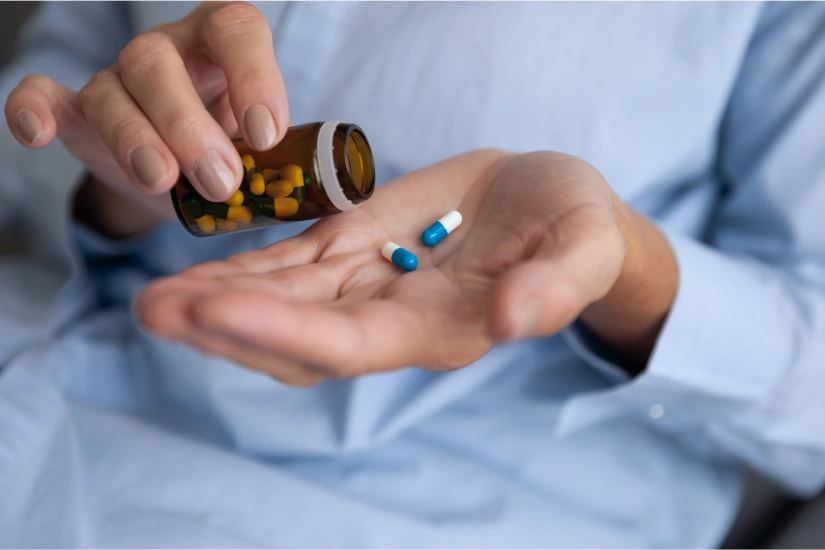24/7 Helpline:
(866) 899-221924/7 Helpline:
(866) 899-2219
Learn more about Medication-assisted Treatment centers in Page County
Medication-assisted Treatment in Other Counties

Other Insurance Options

AllWell

Meritain

Optima

Ceridian

WellCare Health Plans

WellPoint

PHCS Network

Excellus

Choice Care Network

Anthem

American Behavioral

EmblemHealth

Access to Recovery (ATR) Voucher

Providence

Absolute Total Care

Regence

Ambetter

CareSource

CareFirst

BlueShield

Zion Recovery
Located in Clarinda, Iowa, Zion Recovery offers alcohol and drug rehab services. They provide reside...

Waubonsie Mental Health Center
Waubonsie Mental Health Center is a private rehab located in Clarinda, Iowa. Waubonsie Mental Health...






























































Waubonsie Mental Health Center
Waubonsie Mental Health Center is a private rehab located in Shenandoah, Iowa. Waubonsie Mental Heal...





























































